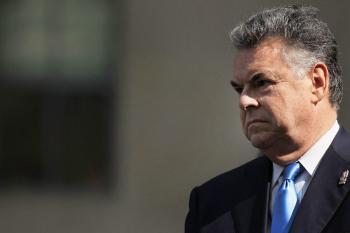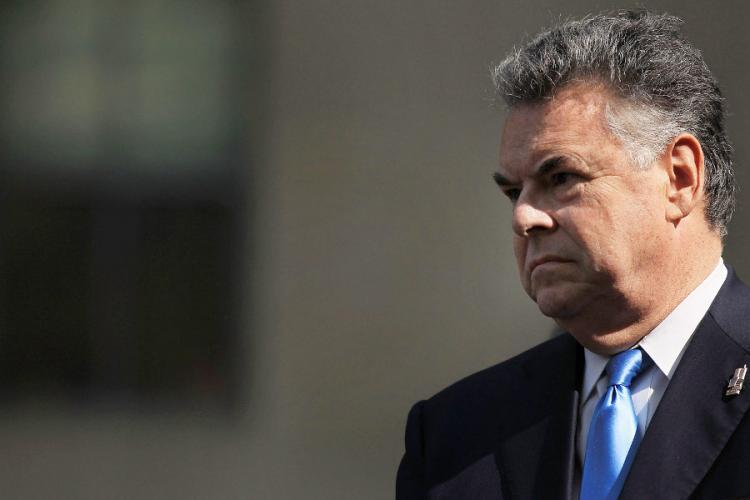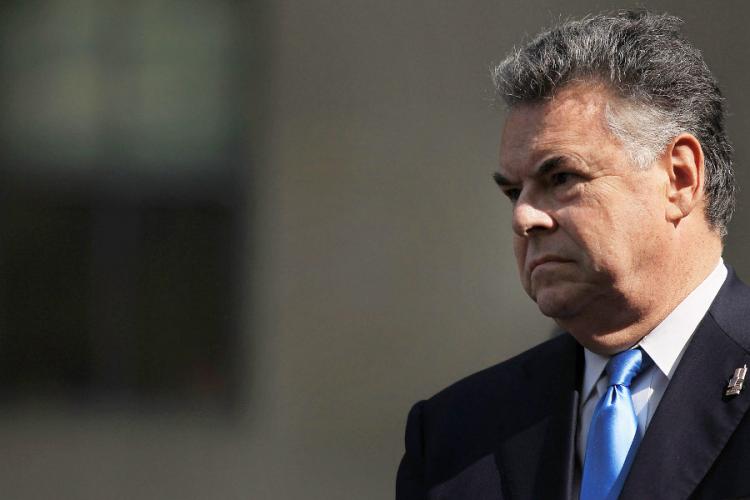House Searching for Solution to Radical Islam
Radical Islamic views clashing with Western ideologies are only part of the reason for increasing terrorism in the United States

House Homeland Security Committee Chairman Rep. Peter T. King Spencer Platt/Getty Images
|Updated:
Joshua Philipp is senior investigative reporter and host of “Crossroads” at The Epoch Times. As an award-winning journalist and documentary filmmaker, his works include “The Real Story of January 6” (2022), “The Final War: The 100 Year Plot to Defeat America” (2022), and “Tracking Down the Origin of Wuhan Coronavirus” (2020).
Author’s Selected Articles






